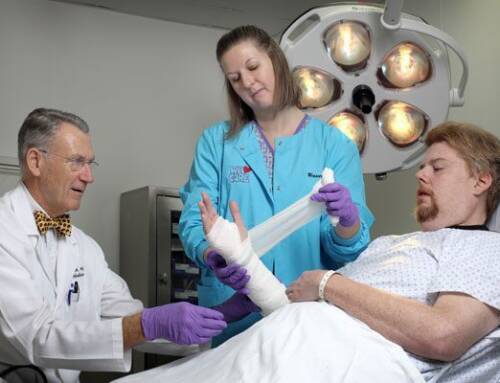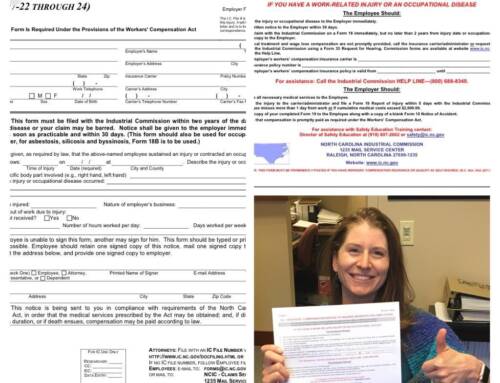Gout is a form of arthritis characterized by sudden, severe attacks of pain, redness and tenderness in joints. Gout occurs when sharp, needle-like urate crystals, formed from high levels of uric acid in the blood, accumulate in a joint, causing inflammation, swelling and intense pain. Uric acid is found naturally in the body, as well as in certain foods, and sometimes the body either produces too much uric acid or the kidneys do not filter enough uric acid out of the blood, leading to a gout attack.
While obesity, poor diet and lack of exercise are the most common causes of gout, there are other interesting potential causes as well. According to Lawrence Brent, MD, head of the division of rheumatology at Albert Einstein Medical Center in Philadelphia, a gout attack can be triggered by injury. In a 2010 article on the subject, Dr. Brent wrote that, “Injury doesn’t have to be severe. Just twisting your ankle or foot might trigger an attack of gout.” This appears to be because urate crystals form more readily in an injured joint, regardless of whether the injury was recent or not. Even an older injury that has resulted in osteoarthritis can be a trigger for gout attacks. There may also be a correlation between medications that are often taken for injury or arthritis and a gout attack, as aspirin, narcotics and diuretics can can cause a rise in uric acid levels in the blood and result in a gout attack.
For more information on the causes of gout, go to www.everydayhealth.com/gout/what-triggers-your-gout-attacks.aspx






